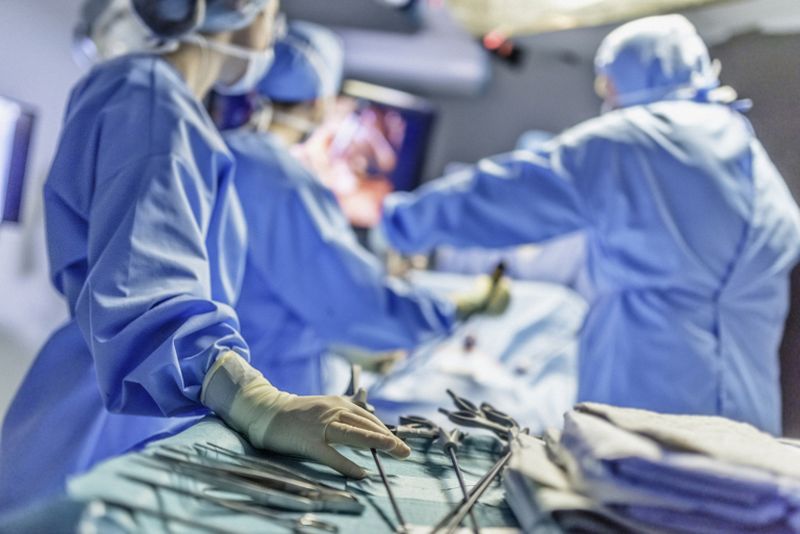KUALA LUMPUR, March 10 — A new global study has recommended that patients with Covid-19 should delay surgery for at least seven weeks to lower the risk of postoperative mortality.
The joint statement by the College of Surgeons, Academy of Medicine Malaysia and University of Birmingham said the study’s findings revealed patients who undergo surgery six weeks after their initial Covid-19 diagnosis are two-and-a-half times more likely to die post-op.
“Surgery should be delayed for seven weeks after a patient tests positive for Covid-19, as operations taking place up to six weeks after diagnosis are associated with increased risk of death, according to a new global study.
“Researchers discovered that patients are more than two-and-a-half times more likely to die after their operations, if the procedure takes place in the six weeks following a positive diagnosis for SARS-CoV- 2,” the statement read.
SARS-CoV-2 is “severe acute respiratory syndrome coronavirus 2” that causes Covid-19 and is responsible for the current global pandemic.
However, the findings that were published in the medical journal Anaesthesia offered little by way of optimal duration of the surgery delay for patients with ongoing symptoms of Covid-19.
The study mentioned that hospitals that participated in the study included all patients undergoing surgical procedures in October 2020 and excluded those who were infected with the virus post-surgery.
It also said the statistical model based on a 30-day time frame of postoperative death showed the mortality rate between patients without the virus and those who went for surgery seven to eight weeks after being diagnosed with Covid-19 stands at 1.5 per cent.
Meanwhile, the study found that patients with Covid-19 symptoms who underwent surgery within six weeks of their diagnosis increased their risk of postoperative mortality from 3.6 per cent to 4 per cent.
“Adjusted 30-day mortality in patients who did not have SARS-CoV-2 infection was 1.5 per cent. This was increased in patients operated at zero-two weeks (4 per cent), three to four weeks (4 per cent), and at five to six weeks (3.6 per cent), but not at seven to eight weeks (1.5 per cent) after SARS-CoV-2 diagnosis,” the study added.
It said that the study’s findings were consistent across all age groups, severity of patients’ condition, urgency of surgery and grade of surgery, among other factors.
The study concluded that following a delay of seven weeks or more, patients with ongoing Covid-19 symptoms (6 per cent) also had a higher mortality rate than patients whose symptoms had been resolved (2.4 per cent) or who had been asymptomatic (1.3 per cent).
National study for Malaysia, College of Surgeons, Academy of Medicine of Malaysia president, Dr April Camilla Roslani, said that in light of the findings, it is important to provide clarity on the timing of surgery and impact of mass vaccination.
“It is, however, important to contextualise the application of these findings. Life-saving surgery should not be delayed, and the impact of mass vaccination will need to be evaluated in due course,” she said.
The study involved more than 25,000 surgeons working together to be part of the CovidSurg Collaborative to collect data from 140,727 patients in 1,674 hospitals across 116 countries including Australia, Brazil, China, India, the United Arab Emirates, the United Kingdom, the United States and Malaysia — creating one of the world’s largest and broadest studies on surgery in Covid times.
The University of Birmingham is ranked among the world’s top 100 institutions. It boasts researchers, teachers and more than 6,500 international students from over 150 countries.
* Editor's note: An earlier version of this article contained an error which has since been rectified.



















